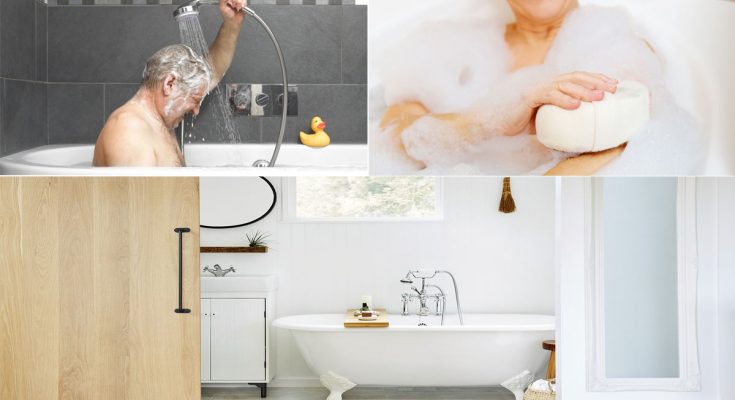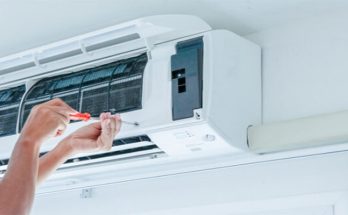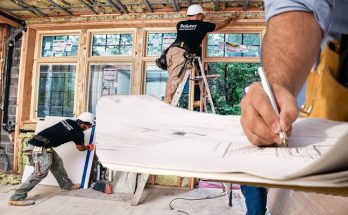There would be times when your elderly patient or loved one will resist your attempts to make them wash up, use the toilet, or bathe. If they do this often, chances are they are uncomfortable with the way their bathroom is designed. It could not be fit for an elderly’s needs.
If that turns out to be the case, here are some bathroom modification suggestions and hygiene tips to improve an elderly’s comfort.
1. Have a Working Water Heater
Set the water heater’s temperature to 144° F, and keep the water stored at that warmth level. You can lower it down to 122° F during bathing sessions, as it is the minimum temperature that can kill harmful bacteria. Be sure that they feel comfortable with the warmth, because an elderly’s skin is thinner and therefore more prone to burns.
Ensure that your water heater is functioning as it should. Although a cold bath isn’t bad for seniors, it definitely cannot be done in cold seasons, so once the temperature controls stop working, call an expert in water heater replacement in Orem or any other city.
2. You Don’t Have to Bathe Them Every Day
Once or twice a week of bathing is already enough for seniors to stay clean and free from skin breakdowns and infections. On the days that they won’t be bathing, gently run a warm washcloth all over their body, focusing on the armpits, groin, genitals, feet and other skin folds.
When wiping them clean, start from the head and move down, putting genitals last because they’re the dirtiest. Work on one area at a time and change washcloths between sections to keep it fresh.
If they tend to resist showers and full baths, make their “no-water” bath comfortable and enjoyable, because it might be the solution for them to stop resisting next time.
3. Have a Toilet Seat Riser and Bidet Attachment
An elderly’s knee joints aren’t as flexible anymore, so install a seat riser on the toilet so they won’t have to bend their knees as much. A bidet attachment will also help, as it lets them clean up easier.
4. Have Grab Bars, a Hand-held Shower, and Benches
If their mobility and balance are already limited, grab bars will help them stand up easier, and a hand-held shower will help rinse their bodies thoroughly without them having to move as much. And because they will be uncomfortable standing up too long, have a bench in the bath, too.
5. Make Shower and Tubs More Easily Accessible
Curbs in the shower can make seniors trip and a normal bathtub will be difficult for them to step into, so have those modified into a curbless shower and a walk-in bathtub.
6. Create a Relaxing Atmosphere
Make their bathrooms toasty warm, play soothing music or their favorite tune, and dim the lights a little. Call it a spa time instead of bath time to make them look forward to it. If they want to wash up or bathe by themselves, allow them to do so, but be ready to assist anytime. The elderly needs some sense of independence and control, too, especially at their vulnerable state, so as long as they won’t be in harm, give it to them.
7. Respect Their Privacy
Seniors may find being washed up or bathed by somebody else uncomfortable and degrading. Hence, try to respect their privacy and modesty whenever possible. When you wash or bathe them, cover the body parts that you aren’t cleaning. Allow them to take more control when you’re washing their private parts. Cover them up immediately after a bath, and have their change of clothes ready.
Maintaining good hygiene for seniors may be arduous, so it’s important to keep your patience, especially in times when they’re resistant. Don’t forget to unwind from time to time as well because they need you in your best mental and physical state.





